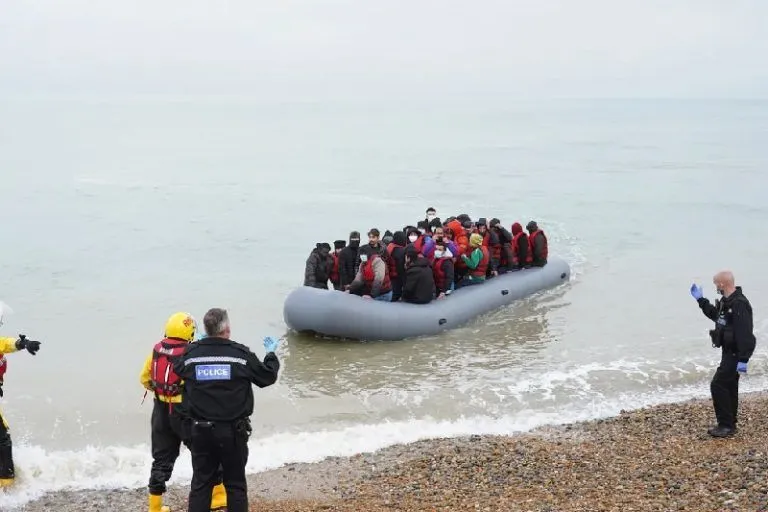UK, EU forge agreement to combat small boat crossings effectively
UK Strengthens Border Cooperation with EU Agency to Address Small Boat Crossings
The UK has taken an important step to better manage irregular migration by agreeing with Frontex, the European Union’s border agency. This partnership signals increased joint efforts to prevent small boat crossings of the English Channel, a route seeing rising numbers of migrants attempting to reach British shores. Through collaborating with Frontex, the UK aims to bolster border security measures and enhance its ability to effectively combat illegal entry.
Addressing Challenges Posed by Small Boat Crossings
The surge in small boat crossings has posed a major challenge for UK authorities in recent years. Despite a 30% decrease compared to last year, overall arrivals remain alarmingly high. This trend underscores the urgent need for robust actions to discourage unlawful crossings and ensure migrant and community safety. The agreement with Frontex represents a key response, signaling coordinated efforts to address the root causes of irregular movement.
Components of the Partnership Agreement
The understanding covers several core components aimed at strengthening border security and preventing unlawful crossings. It involves joint training programs for border agencies on both detection techniques and identifying attempted boat crossings. Moreover, it emphasizes collaborative efforts to develop and implement advanced technologies to enhance surveillance and detection capabilities.
The agreement also provides for deploying personnel on both sides of the Channel to facilitate coordinated border controls, including information and data sharing to identify and disrupt criminal networks involved in migrant smuggling and trafficking. Pooling resources and expertise aims to improve the ability to effectively respond to evolving migration challenges.
Ongoing Challenges and Future Prospects
While the agreement marks progress, challenges remain. Concerns include the lack of a returns agreement, a key aspect for discouraging crossings. Future uncertainties around UK access to the Eurodac database, which stores fingerprints of asylum applicants and irregular migrants in Europe, highlight complexities in ensuring returns and effective controls. Despite hurdles, the UK is committed to curbing illegal entry and safeguarding borders through improved cooperation with international partners like Frontex.



Comments
Post a Comment